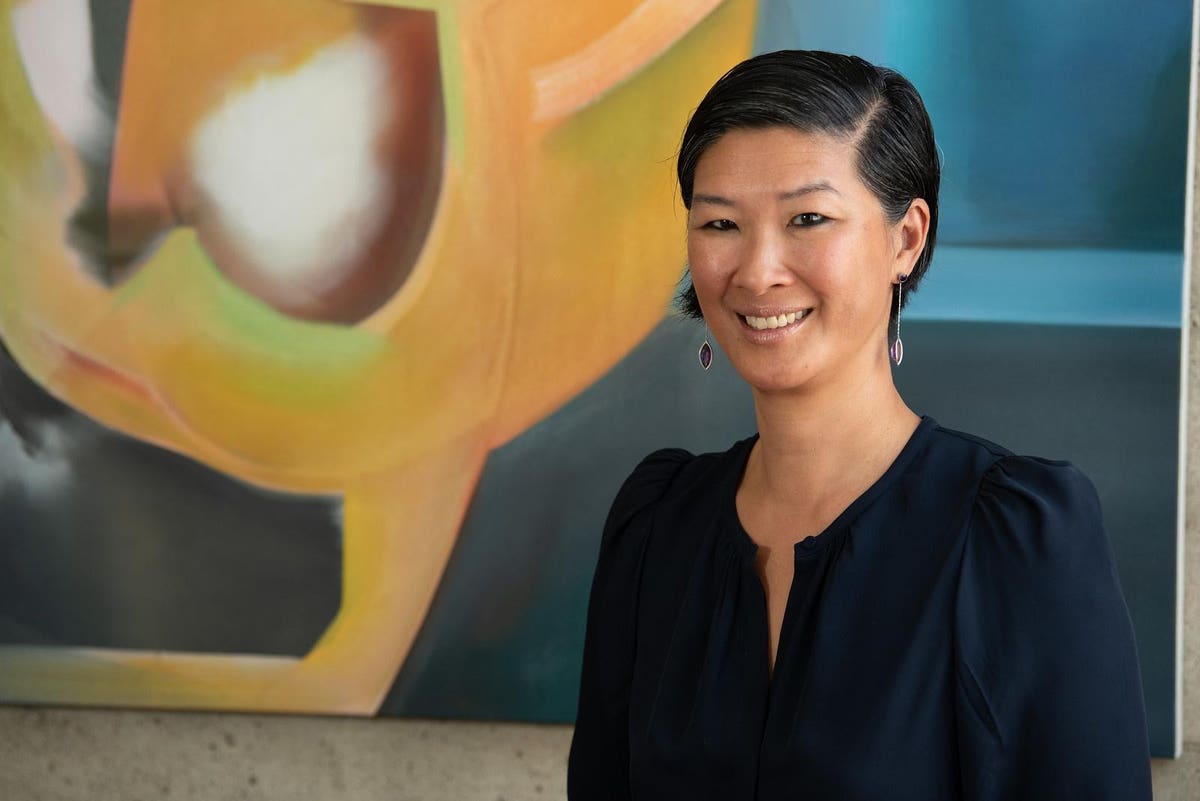On paper, Wayee Chu probably comes across like a typical venture capital investor. She has all the names in all the right places in her bio – General Partner, co-founder of a Seed Fund, Merrill Lynch, Morgan Stanley – the degrees in economics and political science from the University of Michigan. Check, check and check.
But in person, Chu is far away from typical.
Even without pushing too deeply, it’s easy to unearth a sense of passion and dogged persistence that is rare in any profession, and blue-moon rare in capital and investing. It’s clear she likes to learn but even more obvious that she knows her stuff. The shorter version is, I’d want her on my team. I’d be really worried if I had to negotiate with her.
Today, Chu is General Partner at Reach Capital, a venture fund focused on early stage education technology start-ups. The company has $570 million under management and some 15 successful exits. In April, the firm announced their fourth fund, Reach IV, with splash-around money of $215 million.
Big names in their portfolio of more than 75 companies include replit, a cloud-based development tool platform that offers code collaboration, Yay Lunch, which connects schools with local food vendors offering healthier and more convenient food alternatives, Campus, an alternative community college model, Clayful, on-demand, text-based coaching for every kid, and Swing, a marketplace that matches substitute teachers into public schools.
With the three m’s on her resume – Michigan, Merrill and Morgan – Chu could probably do anything she wanted, especially in finance and capital formation. But she’s all-in on education.
“What brought the founding partners together,” she said, “was our fundamental belief that education entrepreneurship is the most powerful path toward impact in reaching all learners. This belief is what drives our mission at Reach and was fueled by our own diverse educational and career paths. And given the opportunities and doors that opened for each of us, we have all made a commitment to fund solutions that can create even more opportunities for all.”
About the reach of Reach, Chu cites a “growing but focused international portfolio” as well as companies Swing and Yay Lunch. “These two investments reflect how we continue to expand our investment thesis and lens within K12 specifically.”
“We led the most recent Swing round, not only given the company’s leading market position addressing the substitute teacher supply gap but more importantly, this is a committed team of former educators, school leaders and operators who understand what high quality teaching and training looks like,” Chu said. “Reach was excited to back Yay Lunch from the start, given the company’s goal of enriching the standard of both what students eat and how they learn. Schools love the solutions,” she said.
“From the early stage investing side, I’d say the edtech and education markets are more robust than ever,” Chu said. “Our pre-seed, seed and Series A pipeline remains robust, the quality of talent coming into the space remains strong and while the pandemic brought a set of headwinds and tailwinds for the space, I do think it accelerated all the challenges we had been solving for prior to the pandemic with even more force and attention.”
As examples, she cited hybrid learning models, growing teacher capacity and pipeline challenges, increased student debt and the return on a four-year college experience, retaining and training employees, importance of hourly and flexible work, and the skills gap in knowledge workers. “The list goes on,” she said.
On AI and education, Chu said the technology “clearly has brought a lot of momentum in the education space.” Noting that Reach has been investing in AI solutions since their first fund, she said, “we continue to be excited about what the future holds in both AI native and AI enabled, integrated startups, but navigating through all the AI companies that have come through our pipeline just in the last three months is both exciting and challenging.”
One of the keys to dealing with AI, Chu said, is “making sure educators are armed with knowledge of how the technology works” and that “if we can arm both teachers and educators with the approach that this can be a very useful tool to support the process of learning, like any other tool, and teach students and teachers how to rigorously discern the information we retrieve from the technology, I do believe we will see some truly transformational change.”
When asked for advice for education founders, Chu is characteristically short and direct. “This is a marathon, not a sprint. Ruthless prioritization,” she said. “I am an extremely impatient person, and my colleague and partner Jim Lobdell always reminds us, sometimes you have to go slow to go fast,” she said.
Like other investors, Chu has her gaze fixed on the future. Unlike many of them, she says, “I don’t think about the future in terms of fund size, as I am guessing there will be a new generation of amazing partners running the firm that will appropriately measure the size of the fund based on the market opportunity with a goal of producing top tier financial returns.” Instead, Chu says, “my hope is that the core mission around impact remains to be our north star.”
Read the full article here





